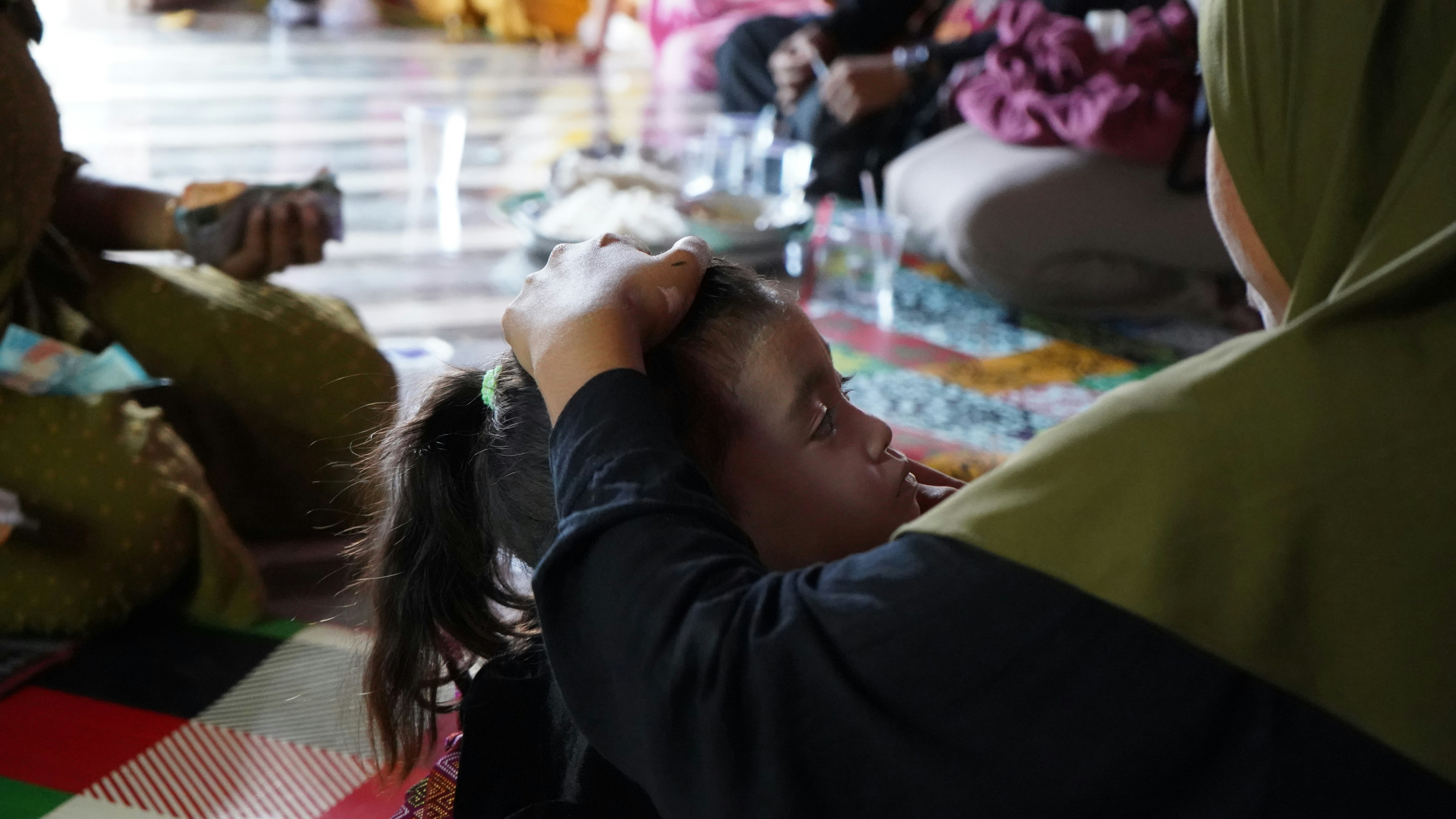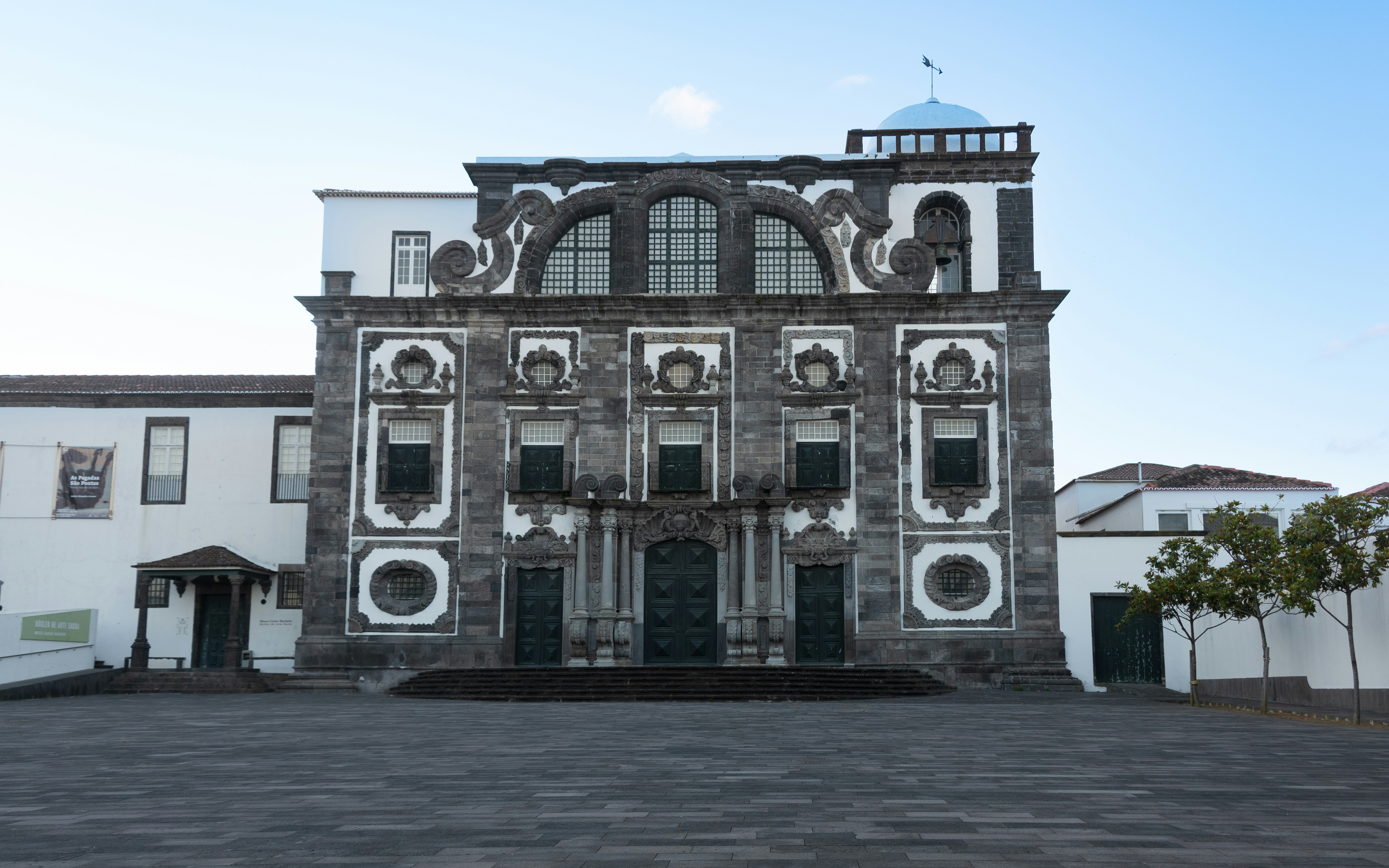Reviving Heritage: The Need for Time-Honored Values in Contemporary Life
December 4, 2024 | by k12gaines@gmail.com
 Photo by Clark Tibbs on Unsplash
Photo by Clark Tibbs on Unsplash Recognizing the Relevance of Traditional Customs
In an era characterized by rapid globalization and cultural homogenization, the relevance of traditional customs remains a pivotal topic of discussion. These customs, which encompass rituals, practices, and beliefs passed down through generations, offer individuals a profound sense of identity and belonging. As societies evolve, the preservation of these traditions provides a vital link to history and a framework for recognizing the shared values that unite communities amid diversity.
Traditional customs serve as a foundational pillar for community cohesion. They reinforce interpersonal connections and foster a sense of unity within diverse populations. In many cultures, community celebrations such as harvest festivals or rites of passage not only promote participation and collaboration but also strengthen interpersonal bonds among individuals. Such gatherings allow members to share experiences, thus creating a solid support network that can be particularly valuable in addressing modern societal issues like mental health challenges.
Additionally, these customs often embody sustainable practices that have effectively sustained communities for centuries. Many traditional agricultural methods emphasize respect for the environment and biodiversity, promoting sustainability in contrast to modern industrial practices. By studying and applying these age-old practices, contemporary society can learn to mitigate environmental degradation and promote a more sustainable future. For instance, indigenous agricultural techniques, which prioritize ecological balance, highlight the importance of working in harmony with nature—an increasingly crucial perspective in today’s climate crisis.
By understanding the historical context and enduring value of traditional customs, individuals can appreciate their significance in fostering community identity and addressing contemporary societal concerns. The revival of these time-honored values not only enriches our personal lives but also contributes to creating resilient communities, ensuring that the wisdom of the past remains woven into the fabric of our modern existence.
Bridging Generations: The Role of Heritage in Modern Society
The intersection of traditional values and contemporary life presents a unique opportunity for fostering mutual understanding between generations. Heritage plays a vital role in nurturing connections that bridge the gap between the past and present. The values instilled by ancestors often resonate with younger generations, providing a framework for ethical living and social responsibility. As society evolves, it is essential to recognize how these enduring customs can be adapted to meet current needs while preserving their essence.
Intergenerational dialogue serves as a pivotal mechanism for sharing and revitalizing these traditions. By encouraging conversations that span age groups, families and communities can exchange stories that highlight the relevance of heritage in today’s context. These discussions reveal how traditional values, such as respect for elders, community support, and environmental stewardship, can be applied in a modern setting, thus ensuring their continuity. Drawing upon examples from various societies, it becomes clear that adapting heritage practices not only helps preserve them but also enriches contemporary culture.
Integrating time-honored values into education and community programs is crucial for sustaining these benefits. Educational curricula can include modules that focus on cultural history, promoting empathy and respect for diverse backgrounds. Community programs can encourage participation in traditional events, workshops, or storytelling sessions that highlight the significance of heritage. By embedding these customs into the fabric of everyday life, individuals can foster a deeper sense of identity and belonging.
As we strive to maintain these connections, it is imperative for individuals to reflect on their family traditions and explore ways to preserve their cultural heritage. Simple actions, like sharing old stories, participating in family rituals, or teaching younger generations about ancestral practices, can significantly contribute to keeping time-honored values vibrant in contemporary society. This active engagement not only strengthens familial bonds but also enriches the broader community.
RELATED POSTS
View all



